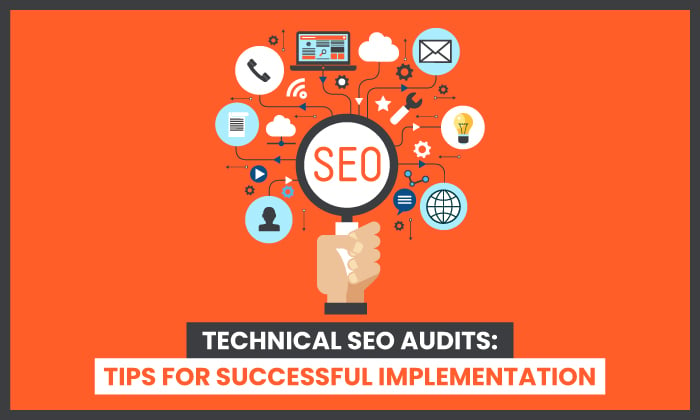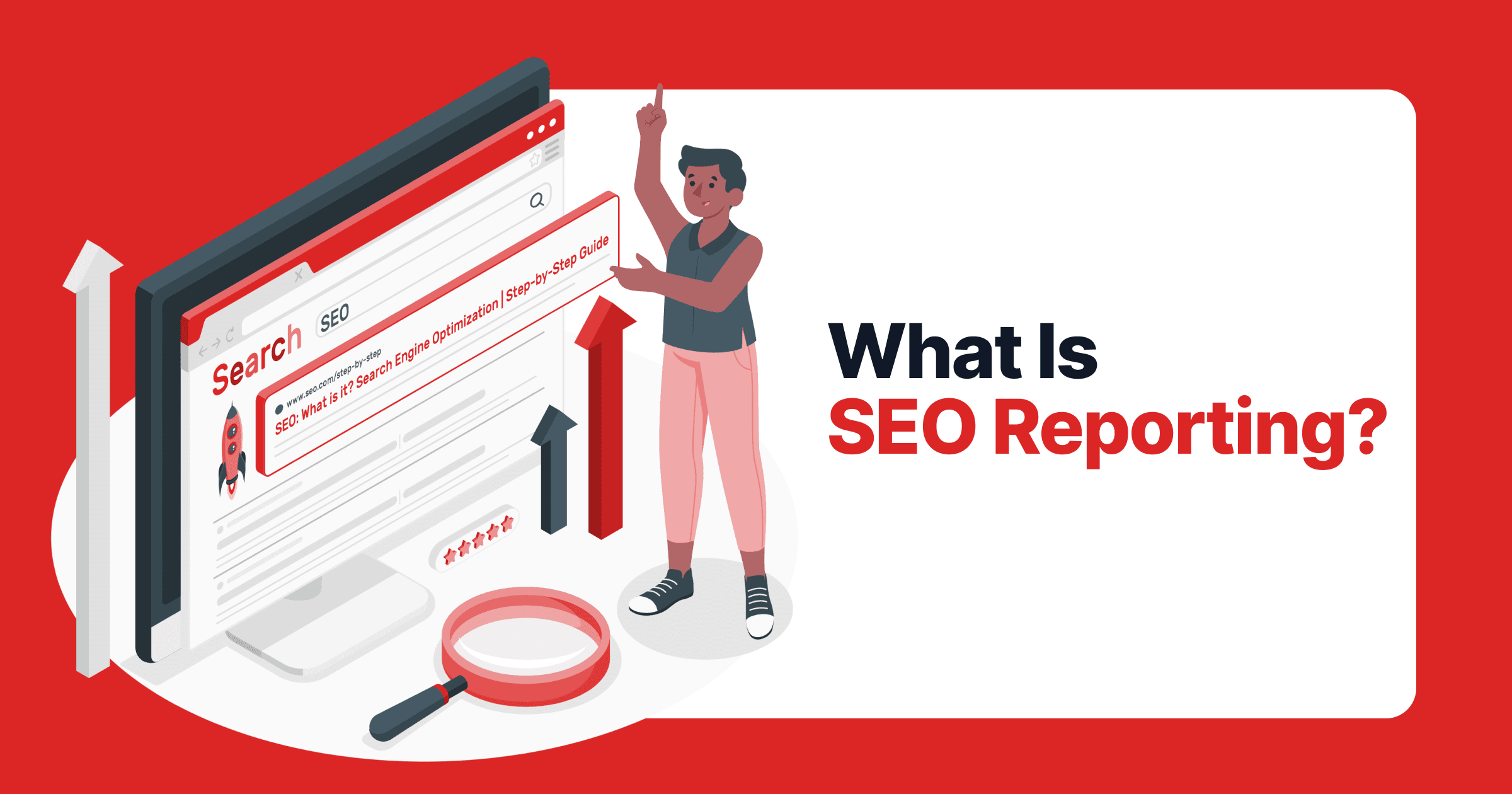SEARCH ENGINE OPTIMIZATION Vs. SEM: Recognizing the Key Differences
Worldwide of electronic advertising and marketing, two vital strategies that usually turn up are SEO and SEM. While they may seem similar, they actually offer different purposes and have distinctive methods. SEO, which stands for Search Engine Optimization, concentrates on enhancing a site's visibility and natural ranking on internet search engine results web pages. On the various other hand, SEM, or Browse Engine Advertising, includes paid advertising and marketing to raise an internet site's presence on internet search engine. Recognizing the crucial differences between search engine optimization and SEM is critical for services wanting to optimize their on-line existence and drive traffic to their websites. In this write-up, we will look into the definitions, purposes, and key parts of both search engine optimization and SEM, clarifying their distinct qualities and advantages.

Meaning of SEO
SEARCH ENGINE OPTIMIZATION, or Browse Engine Optimization, refers to the practice of optimizing sites to improve their presence and rankings on online search engine results web pages (SERPs) It entails different methods and techniques targeted at boosting natural, or non-paid, web traffic to a site. The ultimate objective of SEO is to enhance an internet site's online existence and attract more targeted site visitors.
One of the key aspects of search engine optimization is keyword optimization (https://markets.financialcontent.com/pennwell.elp/news/article/marketersmedia-2023-12-3-linkdaddy-announces-agency-backlink-local-business-directory-listings-service). This includes performing detailed research study to determine relevant keywords that customers are most likely to look for when seeking details or products connected to a certain internet site. By integrating these key phrases tactically right into the site's content, meta tags, and URLs, search engine optimization aims to boost the site's importance and ranking for those specific search terms
An additional important aspect in SEO is on-page optimization. This entails enhancing numerous aspects on an internet site, such as title tags, headings, pictures, and interior web links, to make them more search engine-friendly (seo). By making certain that these elements are correctly structured and relevant to the web site's web content, SEO assists online search engine recognize the context and relevance of the site
Furthermore, search engine optimization also consists of off-page optimization strategies, such as link structure. This entails acquiring premium backlinks from other respectable websites, which shows to internet search engine that the site is credible and authoritative. By constructing a solid network of back links, search engine optimization improves a web site's reliability and increases its possibilities of placing greater in search outcomes.
Definition of SEM
SEM, or Online Search Engine Marketing, is an advertising technique that includes advertising internet sites and raising their presence via paid advertising and marketing on online search engine results pages (SERPs) Unlike search engine optimization, which concentrates on enhancing sites to enhance natural search rankings, SEM utilizes paid advertising to drive traffic to a site.
One of the essential components of SEM is pay-per-click (PPC) advertising and marketing. With pay per click, marketers proposal on search phrases that relate to their target market. When an individual look for those keyword phrases, the advertisements show up on top or side of the search results. Marketers only pay when a customer clicks on their ad, therefore the term "pay-per-click."

Show advertisements are banners or visual advertisements that appear on web sites within the Google Present Network. Remarketing ads target individuals that have previously seen a web site, offering them advertisements as they browse other websites.
Purposes of SEO and SEM
The purposes of both search engine optimization (SEO) and online search engine advertising (SEM) focus on enhancing a web site's presence and driving targeted traffic. Nonetheless, the approaches and approaches utilized by each differ significantly.
The main goal of SEO is to improve a website's organic search ranking on online search engine results web pages (SERPs) This is accomplished by enhancing various aspects on the website, such as content, meta tags, and site framework, to make it much more pertinent and enticing to online search engine. By doing so, SEO aims to draw in more organic traffic from customers actively browsing for related key phrases or subjects.
On the other hand, SEM concentrates on boosting a web site's exposure with paid advertising on online search engine. The main goal of SEM is to drive targeted traffic to a website by bidding process on search phrases and presenting advertisements in internet search engine results. This method permits organizations to reach a wider target market swiftly and successfully.

Key Components of SEO
To efficiently carry out SEO, it is essential to recognize the crucial parts that add to enhancing a web site's organic search ranking. These elements can be broadly categorized right into off-page aspects and on-page aspects.
On-page aspects refer to the elements that are directly existing on a web site and can be enhanced for better online search engine visibility. This consists of the internet site's material, keyword phrase usage, meta like it tags, link framework, web page titles, and headings. By maximizing these aspects, online search engine can better recognize the significance and context of the internet site's web content, leading to higher positions.
Off-page elements, on the various other hand, focus on external signals that affect a web site's authority and integrity. This includes back links from other respectable sites, social media signals, and online discusses (https://thedailyfeeder.com/news/linkdaddy-announces-agency-backlink-local-business-directory-listings-service/458323). The even more premium and appropriate back links a web site has, the much better its possibilities of placing higher in search engine results web pages
In addition, individual experience is a crucial part of SEO. link building. Internet search engine focus on web sites that provide a positive customer experience, including quick loading times, mobile-friendliness, and very easy navigating
Secret Components of SEM
In comparison to search engine optimization, SEM encompasses a distinct collection of essential components that concentrate on paid advertising and driving immediate presence in online search engine results. These parts include search engine advertising and marketing, likewise called pay-per-click (PAY PER CLICK) advertising, keyword study, ad creation, and project administration.
Internet search engine marketing is an essential part of SEM. It involves bidding process on keyword phrases relevant to your service and creating text or display screen ads that will certainly appear in internet search engine results when those keyword phrases are looked. With search engine marketing, you can target certain demographics, locations, and even time of day to reach your preferred target market.
Keyword study is another crucial part of SEM. It entails determining the key words that your target audience is utilizing to look for services or products similar to yours. By carrying out detailed keyword research, you can optimize your ads and guarantee they are revealed to the appropriate individuals at the right time.
Ad creation is the process of establishing compelling and convincing ads that will lure customers to click them. Well-crafted advertisements have a solid call-to-action, appropriate messaging, and a clear worth recommendation.
Last but not least, project monitoring includes tracking and enhancing your SEM campaigns to ensure they are doing successfully. This includes tracking metrics such as click-through rates, conversion rates, and roi (ROI) to make data-driven choices and attain the very best outcomes.
Verdict
Finally, search engine optimization and SEM are two distinct methods in electronic marketing. SEO focuses on enhancing internet sites to improve organic search positions, while SEM entails paid advertising to increase exposure on online search engine results web pages. Both approaches have their very own purposes and key components that add to their effectiveness. Comprehending the distinctions between search engine optimization and SEM is vital for companies to establish a thorough online marketing approach.
SEO, which stands for Search Engine Optimization, focuses on boosting an internet site's exposure and organic ranking on search engine results web pages. On the other hand, SEM, or Search Engine Advertising and marketing, entails paid marketing to increase a website's presence on search engines (Linkdaddy).SEO, or Search Engine Optimization, refers to the technique of enhancing websites to boost their exposure and positions on search engine results pages (SERPs)The main objective of SEO is to boost a site's natural search ranking on search engine results web pages (SERPs) SEO concentrates on optimizing internet sites to enhance natural search rankings, while SEM entails paid marketing to raise exposure on search engine results web pages